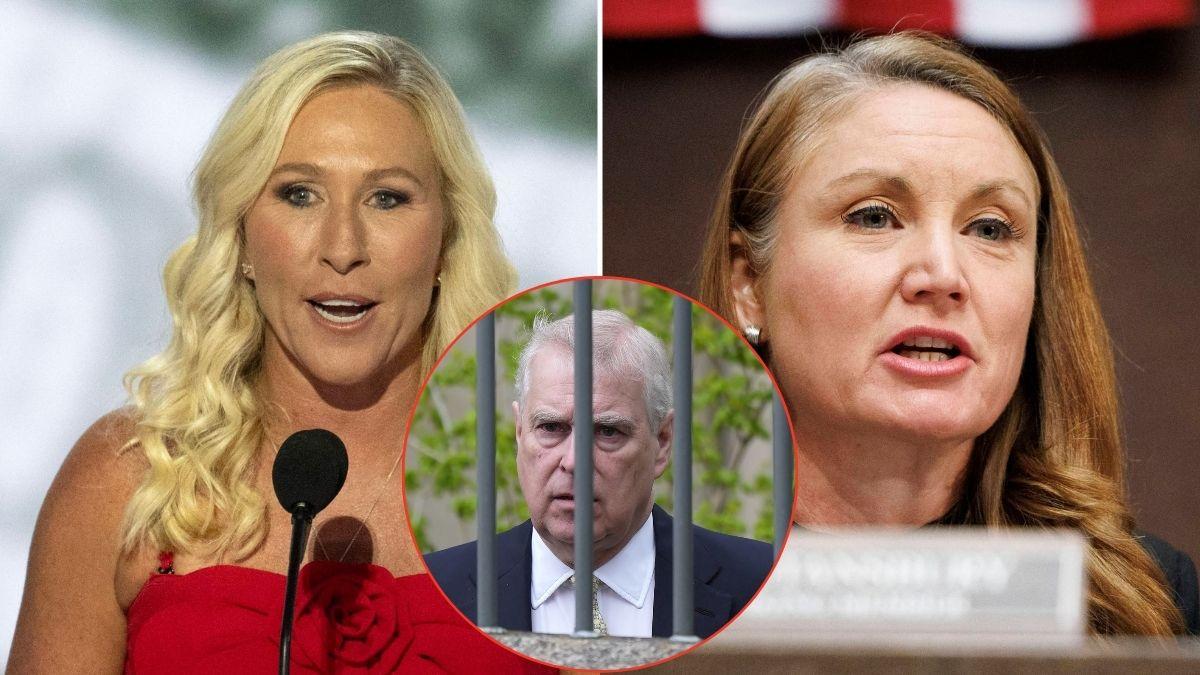EXCLUSIVE: Why Disgraced Prince Andrew Ditching Charity Work Had Zero Impact — As He 'Never Raised Any Cash'
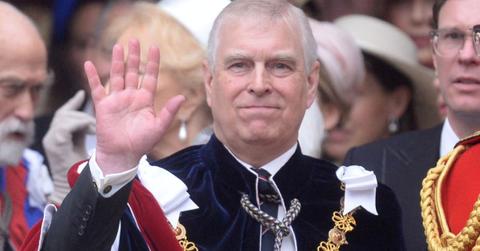
The disgraced Duke of York infamously withdrew from public life in November 2019 following his involvement in the Epstein scandal.
Aug. 14 2025, Published 10:00 a.m. ET
The disgraced Duke of York infamously withdrew from public life in November 2019 after his disastrous Newsnight interview about his friendship with the late sex offender Jeffrey Epstein.
The move saw him resign as patron of 64 charities, as well as from ceremonial roles with golf clubs, regiments and other organizations.
RadarOnline.com can reveal his departure from the good causes had no measurable financial impact on the groups.
The Duke of York told Emily Maitlis about his friendship with Epstein and the claims against him.
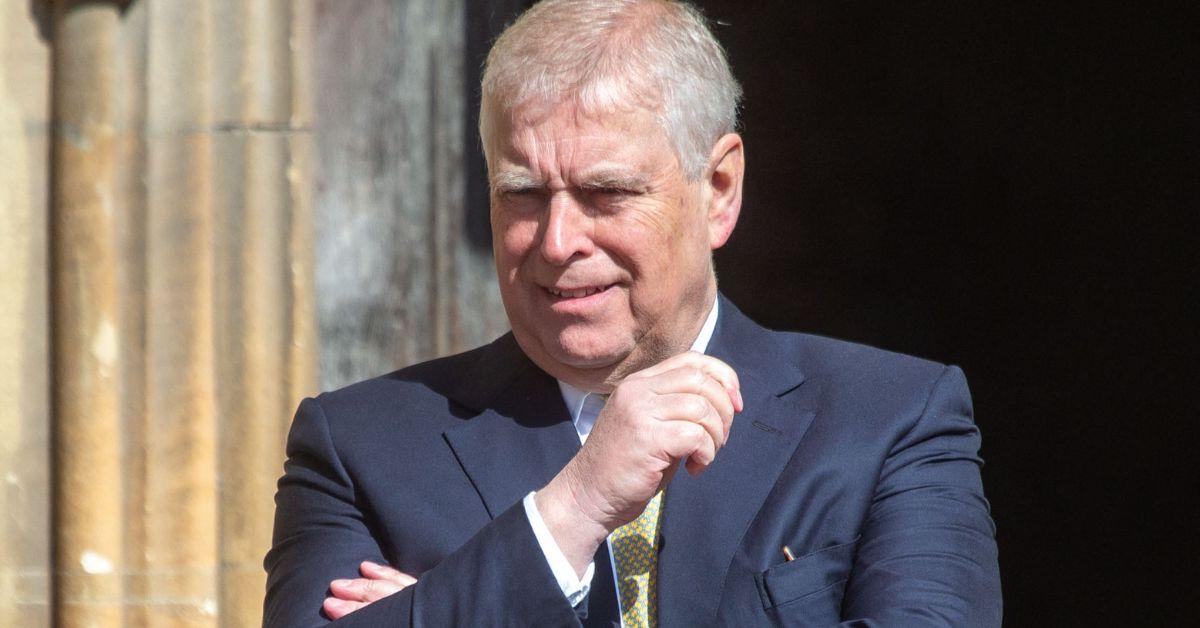
Prince Andrew withdrew from public life in November 2019 after his disastrous 'Newsnight' interview.
We can also reveal his presence in the patron roles was no more helpful when he was still in post.
Compiled by Giving Evidence with political sociologist Dr. Clemens Jarnach, research compared revenue trends from 35 of Andrew's former UK-registered charities with those of similar organizations over the same period.
Charities that had another royal patron before or after his departure were excluded.
Prince Andrew Brought In No Funds
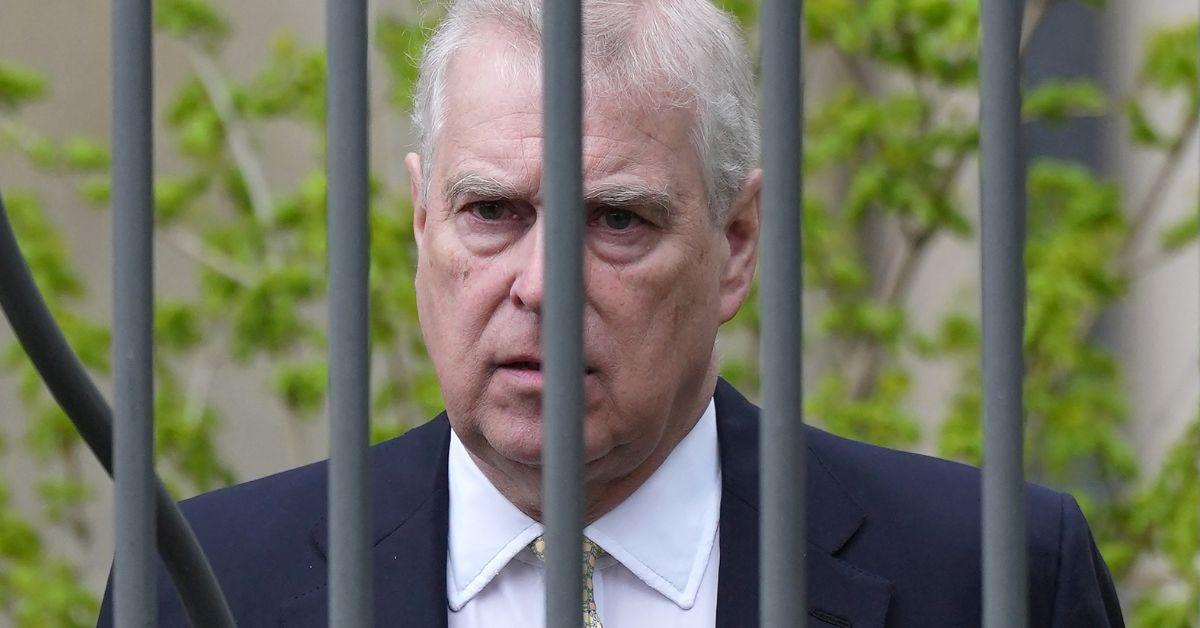
The Fly Navy Heritage Trust’s revenue rose by 346% after his exit.
The findings were stark – there was no detectable dip in revenue after he left, and no clear sign that his involvement ever brought in extra funds. Some groups even flourished after losing Andrew's support.
The Fly Navy Heritage Trust's revenue rose by 346% following his exit.
Children North East saw a 56% increase.
Yorkshire Air Ambulance reported a 47% rise.
Others fared worse – the Royal Free London NHS Foundation Trust's income fell by 68%.
City Gateway's dropped by the same proportion. The report found no consistent pattern linking these changes to Andrew's patronage.

Some charities flourished after losing Andrew’s support.
Oddly, the Duke of York had just two Yorkshire charities among his 35 studied patronages.
He had none at all in Wales, Northern Ireland or Scotland.
His high-profile Pitch@Palace initiative was excluded from the research.
The study found "social services" accounted for the largest number of his charities, followed by education, culture and sport.
'Charities Want Revenue'

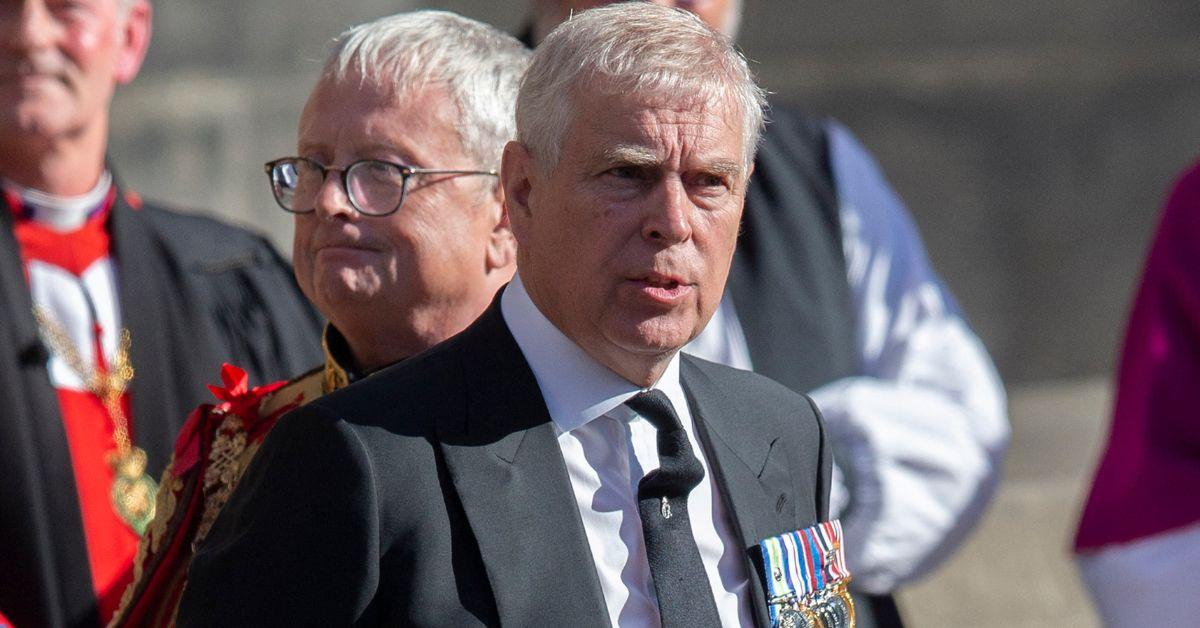
Research found his departure had no financial impact on the charities.
Its conclusion was blunt: "Charities which want revenue may be wasting their time in seeking, securing and/or servicing a royal patron."
Previous Giving Evidence work in 2020 showed a similar absence of revenue benefit across the patronages of seven senior royals.
Charitable engagements accounted for over a quarter of their official duties in the last full year before the pandemic.
The exception is charities founded by royals themselves, such as the Prince's Trust, now King Charles' Trust.
A source close to Prince William has said he is "moving away from patronages and towards projects."
He is focusing through the Royal Foundation on targeted campaigns such as environmental protection and tackling homelessness.

